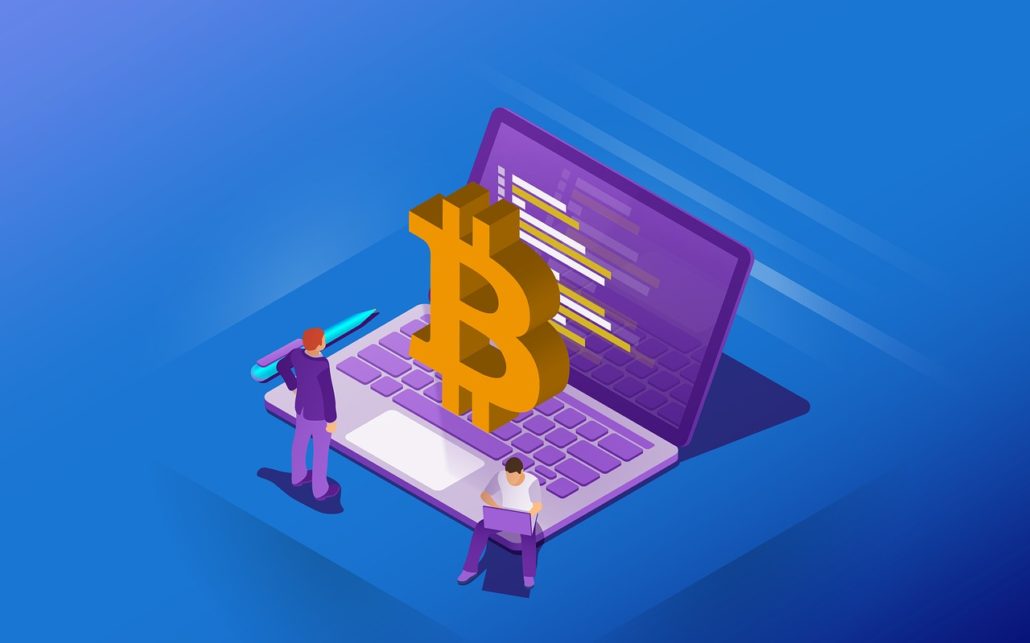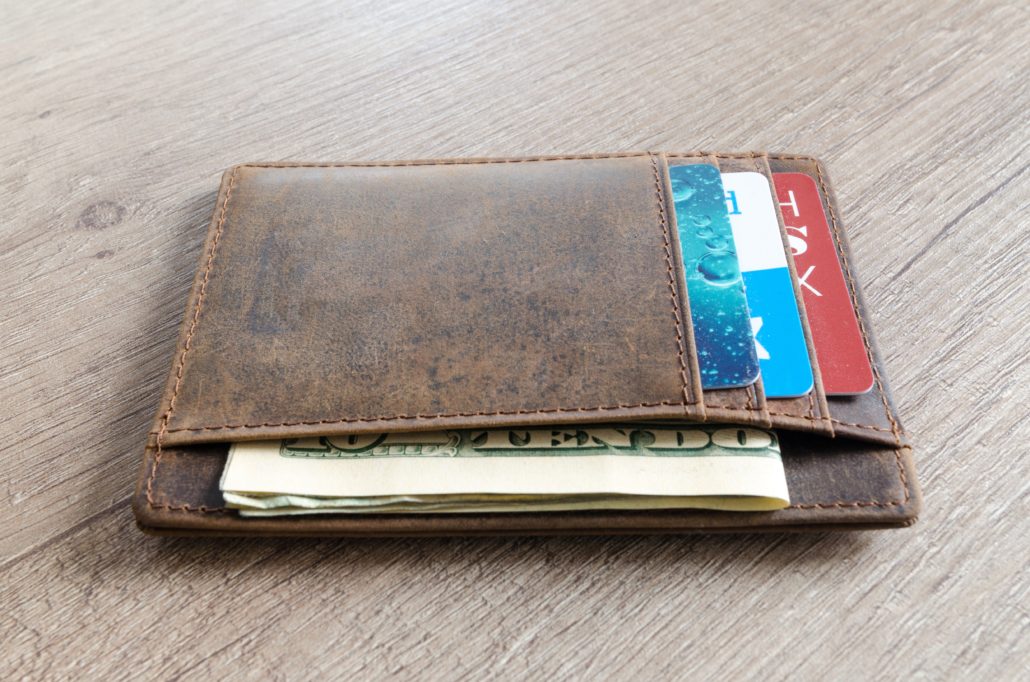Should I Accept Bitcoin in My Business? (Part 2)
Cryptocurrency & Blockchain: Hype or the New Reality? (Part 2)

Bitcoin and other cryptocurrencies are based on the underlying blockchain technology that comes with safety, anonymity, and a lot of confusion. Read Part 1 of this story to learn what blockchain is all about.
Digital currency prices are even more temperamental than the stock market. They can increase or decrease unpredictably over a short period of time due to their young economy, novel nature and often-illiquid markets.
But if you invest or accept crypto at the right time, you can see huge gains.
Like any other investment, you should do your homework before purchasing any cryptocurrency. The same goes for accepting Bitcoin or other crypto for goods and services.
If you don’t know much about this new currency model, then educate yourself until you are certain that it’s a valuable trade for your business. And make sure your business can stay afloat even if you lost all of that cryptocurrency.
Be warned that many « experts » who provide crypto advice are more concerned with enriching themselves than helping beginners, so it’s best to stick to unbiased data until you really know what you are doing. To start, CoinMarketCap.com is a great unbiased source for nearly any token’s price, historical value and planned circulation. You can learn a lot by following these trends online.
Should I buy or receive crypto?

Before jumping into cryptocurrency, keep a few points in mind:
- Never keep your business savings in cryptocurrency. View it like you would a high-risk asset.
- If you receive payments, you’ll probably want to quickly convert them to your local currency to avoid any unpredictability with the market.
- If you keep your currency in crypto, know that there are risks — don’t keep anything in these digital wallets that you aren’t willing to lose.
- Transactions cannot be reversed. According to Bitcoin.org, transactions can only be refunded by the person receiving the funds. “This means you should take care to do business with people and organizations you know and trust, or who have an established reputation.”
- Cryptocurrency is still not an officially recognized currency. “Most jurisdictions still require you to pay income, sales, payroll, and capital gains taxes on anything that has value, including bitcoins.”
How do I open a digital wallet?

If you’re still interested in owning cryptocurrency or accepting it in your business, you first need a « wallet » — which is your account.
Crypto wallets consist of two random strings of characters. The first identifies your account on the public blockchain, making it a username of sorts. The second is your « private key » — a password that must be inputted before any transaction to ensure that you are the only one who can use your account. Experts generally advise keeping your private key a secret to limit unauthorized use of your account.
Once you have a wallet, you need to choose a “cryptocurrency exchange” to facilitate your crypto purchase.
An exchange is like your cryptocurrency trading site — a place where you can buy, sell and trade digital currencies. Many exchanges are online sites, but some can also be brick-and-mortar locations.
CoinBase is a popular online choice for beginners due to its intuitive interface and the ability to fund your purchases with a credit card or bank account. Its selection is limited, so many crypto enthusiasts ultimately graduate to another platform such as Bittrex or Kraken.
The future of blockchain

Digital currencies are a complicated subject that can fill many textbooks, blogs, forums and conference agendas for years to come, so don’t rush into any decision just to jump on a bandwagon. You may miss a bit of the ride, but at least you’ll know what route you’ll be taking.
Only time will tell if crypto will change the financial landscape as we know it…
Missed part one of the story? Read it here.






